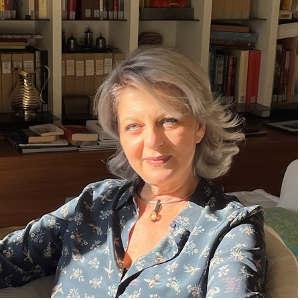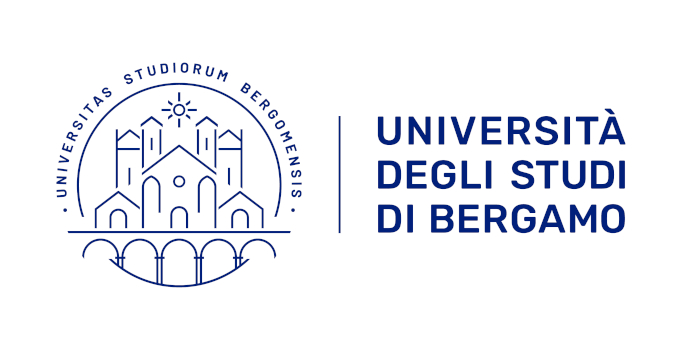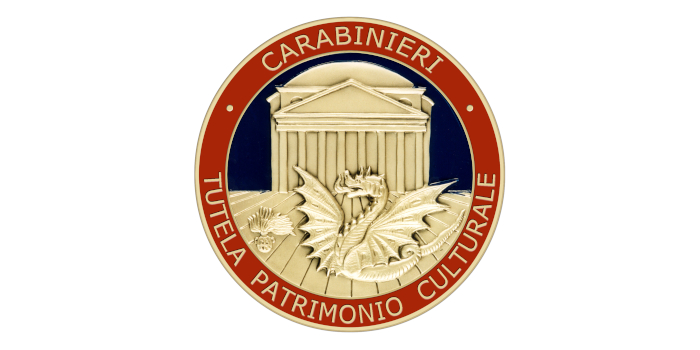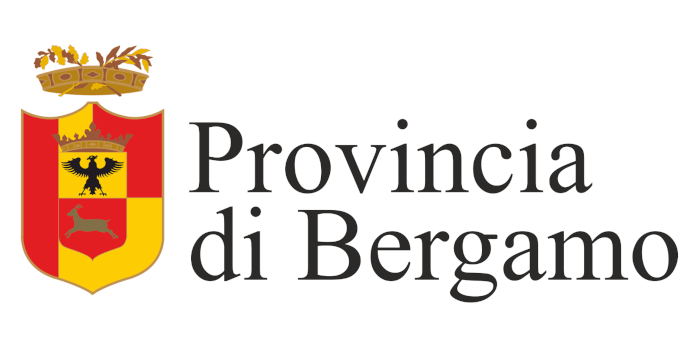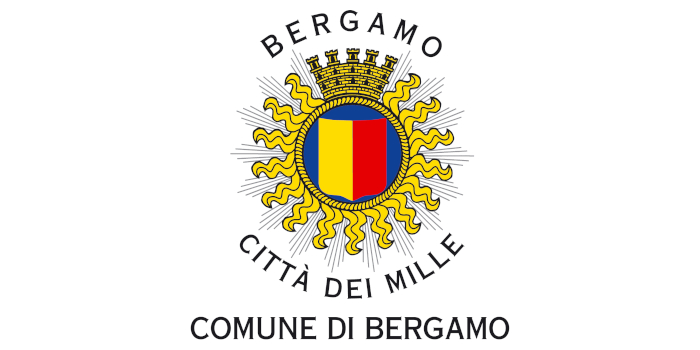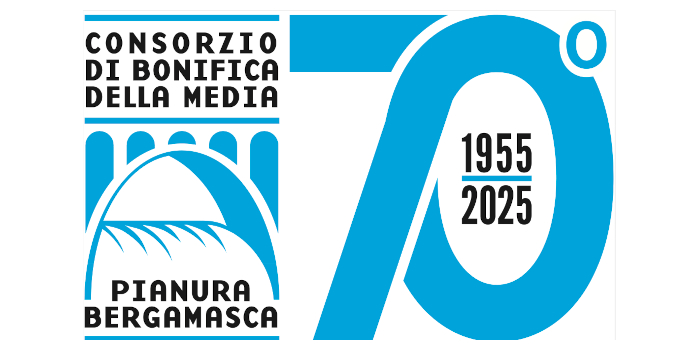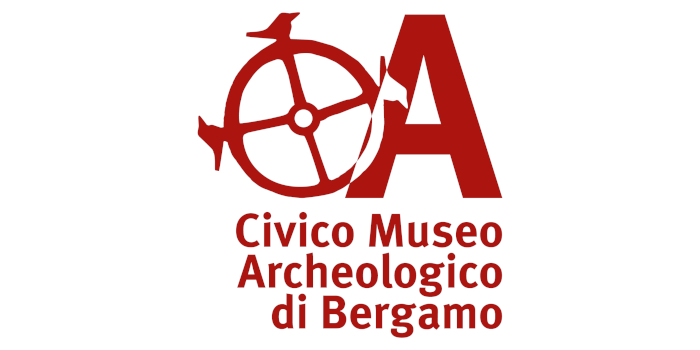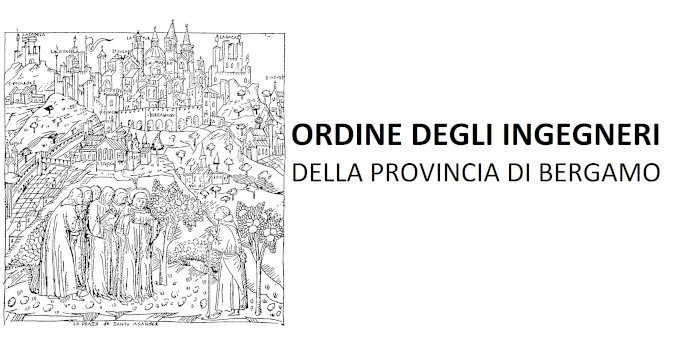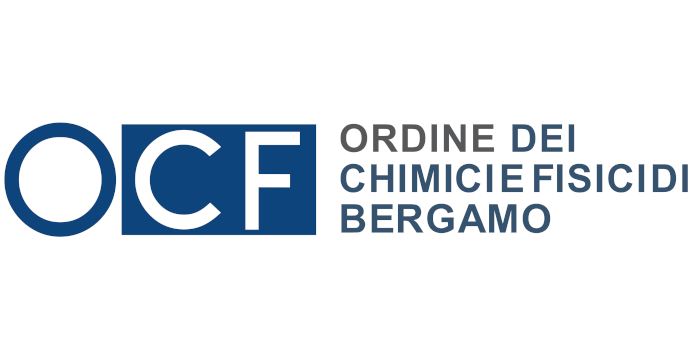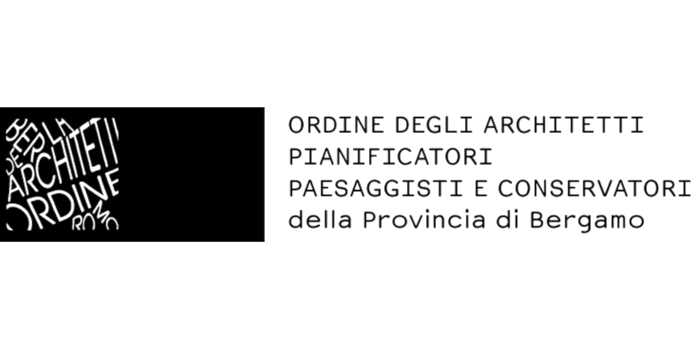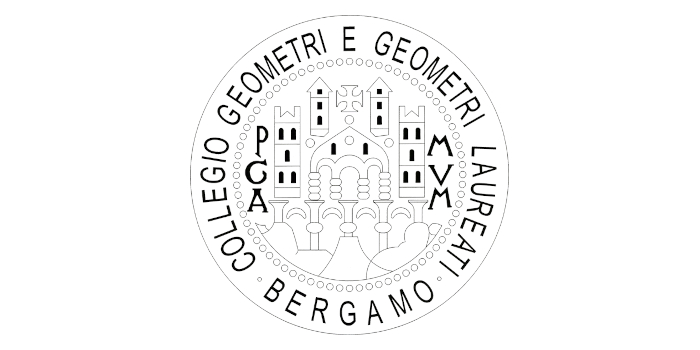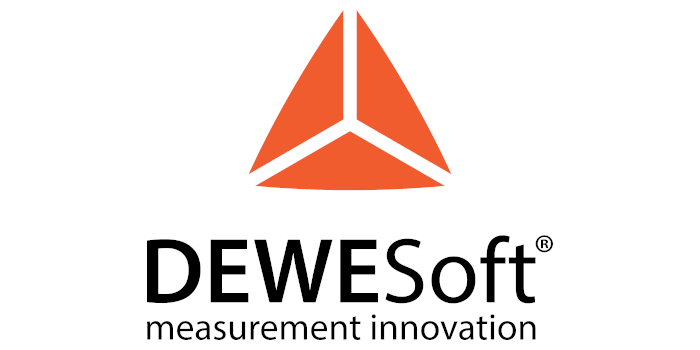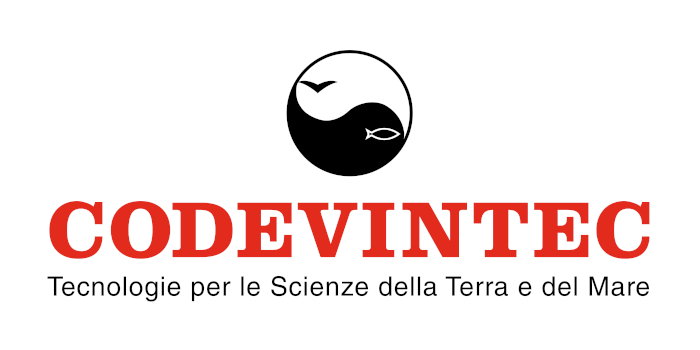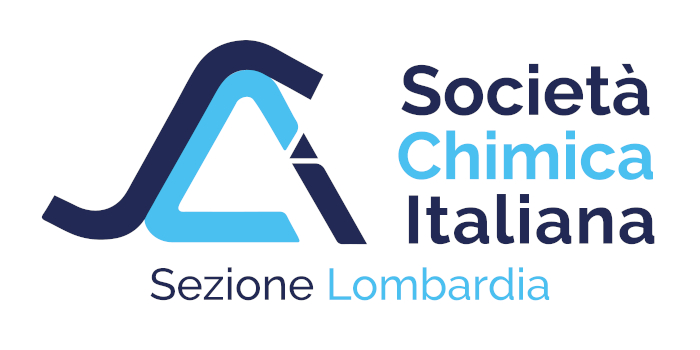KEYNOTE
Michelangelo's David and Its Reproduction:
Heritage Digital Twin for New Cultural Ecosystems
Grazia Tucci
Department of Civil and Environmental Engineering, University of Florence, Italy
ABSTRACT
In the contemporary cultural landscape, digitization has emerged as an indispensable resource for studying, preserving, and disseminating cultural heritage. The reproduction of the David for the Dubai Expo was a high-level cultural operation that expanded the concept of a digital resource as the basis for a physical replica. The project integrated technological innovation, multidisciplinary expertise and an advanced vision in the valorisation and dissemination of artistic heritage.
The detailed documentation of the creation process makes it a valuable educational resource, reinforcing Italy's role in the digitisation of cultural heritage. Michelangelo's Digital David is not only an aesthetic and technological icon but also demonstrates how digital twins can redefine the relationship between art and innovation in the contemporary context.
Strongly supported by the Commissioner General for Italy at Expo Dubai 2020, this ambitious initiative was realized under the patronage of MiBACT (the Italian Ministry of Culture), highlighting its cultural significance at both national and international levels.
The digitisation of the David was carried out using state-of-the-art equipment used in industry for inspection and reverse engineering. A structured light fringe scanner was used for high-resolution acquisition, while a tracker scanner was used for drift control. The scans were then processed and optimised into a single model of high accuracy. This technological effort made it possible to capture in detail the marks left by Michelangelo's hand, as well as the delicate colour nuances of the marble texture.
This model was subsequently transformed into a physical replica through cutting-edge 3D printing technologies, ensuring fidelity to the original masterpiece.
The placement of the replica of David at the centre of the Italian Pavilion at Expo 2020 Dubai, coupled with an innovative installation, offered visitors an immersive experience that allowed them to view the statue continuously until they met its gaze. This project has become a symbol of Italy's unparalleled artistic heritage and its constant commitment to technological innovation.
The participation of over 25 million visitors has demonstrated how the digital revolution is transforming people, reshaping communities and offering new perspectives for the enhancement of cultural heritage. This process is not limited to the technological sphere, but requires a paradigm shift to make cultural heritage fully accessible in its physical, digital and cognitive dimensions, strengthening the relationship between the individual, culture and collective memory. This initiative goes beyond the mere reproduction of a masterpiece: it represents a model for cultural sustainability, fostering interdisciplinary collaborations between digital humanities, conservation sciences and artificial intelligence.
SPEAKER BIOGRAPHY
Grazia Tucci is a Full Professor of Geomatics at the University of Florence. She founded the Geomatics Laboratory for the Environment and Cultural Heritage Conservation (GeCO), which focuses on the documentation, conservation, and enhancement of the environment and cultural heritage through innovative technologies.
Since 2022, she has been a member of the board of the National PhD Program in Heritage Science (PhD-HS.it), where she coordinates Curriculum 1: Advanced Materials and Methodologies for the Safeguarding of Cultural Heritage, promoting ecological and digital transitions to mitigate anthropogenic and natural risks.
She is the Coordinator of Spoke 7, "Protection and Conservation of Cultural Heritage from Climate Change, Natural, and Anthropogenic Risks", within the Extended Partnership Initiative CHANGES (Cultural Heritage Active Innovation for Next-Gen Sustainable Society), funded by the National Recovery and Resilience Plan (PNRR).
For the 2024-2027 term, she serves as Vice President of the CIPA Heritage Documentation International Scientific Committee, a joint committee of ICOMOS (International Council of Monuments and Sites) and ISPRS (International Society of Photogrammetry and Remote Sensing).
She is a Board Member of ICOMOS Italy (2023-2025).
She chairs Working Group IV/11 (Technical Commission IV) of ISPRS, dedicated to Cultural Heritage Visualization and Virtual Restoration.
She has held significant roles, including the scientific management of the reproduction of Michelangelo's David for the Italian Pavilion at Expo 2020 Dubai. Additionally, she coordinates the Research and Higher Education Center for the Digitization and Reconstruction of Cultural Heritage and for Artistic and Cultural Production Based on Artificial Intelligence and New Technologies (CHEDAR Project, Legacy Expo 2020 Dubai).
She actively participates in scientific committees and serves on the editorial boards of various book series and journals. Moreover, she contributes as a reviewer for both Italian and international scientific journals.
She is the author of over 250 academic publications.


